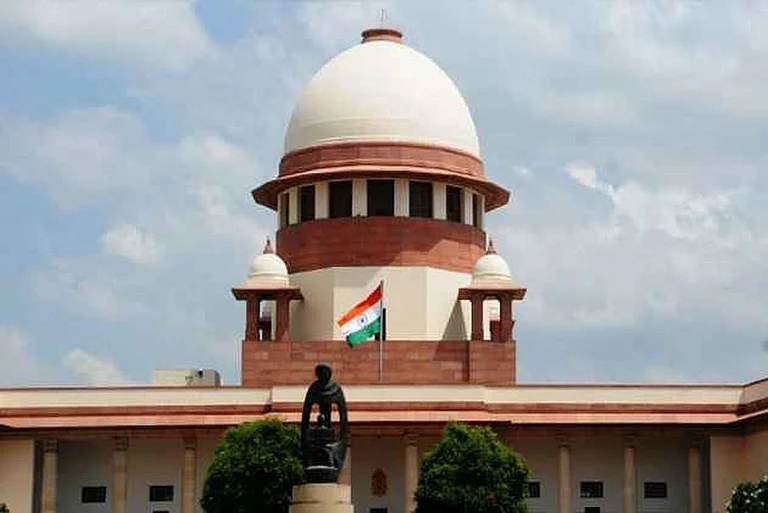Vappala Balachandran was a formidable presence in R&AW. He served as Chief of Staff to arguably two of the most powerful Chiefs of the Organisation after its founder, Rameshwar Nath Kao and held several other sensitive positions before retiring as Special Secretary. He belongs to the rare breed of officers who ungrudgingly shed the trappings of high-profile law-enforcement work and embraced the anonymity of the foreign intelligence profession. In retirement, he has been a prolific author and commentator on national security affairs. His latest book, “Intelligence Over Centuries” is a fascinating tour de horizon of the world’s second-oldest profession.
From the principles of sypcraft enunciated by Chanakya, Sun Tzu and the Tamil philosopher and poet, Thiruvalluvar in ancient times to the exploits of Sir Francis Walsingham, Queen Elizabeth I’s spymaster in sixteenth-century England to the intelligence apparatus that existed under the British and was inherited by newly-independent India to the cataclysmic events of the two World Wars to the global contest for dominance between East and West during the Cold War era to the intense geopolitical rivalries unfolding in the second decade of the 21st century, Balachandran’s magnum opus takes the reader on a breathtaking journey, with the focus remaining unswervingly on the role of intelligence and its “alchemic” dimensions that he has consistently sought to demystify and deglamorise.
From foreknowledge or classical espionage to covert or “influence” operations, intelligence liaison, case studies of intelligence failures – including breakdowns of the “adjudication mechanism” as he puts it – to the biographical sketches of well-known spies to the problems posed by terrorism for conventional intelligence collection to the implications of rapid technological advancement, there is hardly any facet of intelligence activity that has not been touched upon by the book.
The author quotes extensively from American sources because, as he acknowledges, no country has produced open literature on intelligence in such vast quantities as the U.S. Yet, he brings a uniquely Indian perspective to the subject, exemplified best by the dictum of Thiruvalluvar in his Thirukural that the King should not believe any report received from his spies unless corroborated independently by three sources.
Balachandran has brought out well both the inherent potential and limits of intelligence in national security decision-making. As he puts it, political leaders “only depend that much” on intelligence; the rest is already known to them. He also correctly points out that 90% of what is required to be known already exists in the public domain and it is only about 10% that is contributed by secret intelligence. Hence, the importance of thoroughly studying and properly assessing what is available in the public domain.
As a seasoned professional, Balachandran does not shy away from squarely addressing the sticky subject of intelligence failure – be it Kargil in 1999 or Mumbai in 2008 or Galwan in 2020 as far as India is concerned, the ill-advised, ill-fated covert action campaigns of the U.S. in Afghanistan and Iraq or, most recently, Russia’s ongoing Ukraine war, based as much on faulty intelligence as “entrenched beliefs” that often come in the way of “intelligence being able to report the truth to its masters.”
The best of ventures are not free of the occasional shortcoming. The reported transfer of funds from Dubai by the Indian mafioso, Aftab Ansari to Muhammad Atta, the lead hijacker of 9/11, through the Pakistani jihadist, Omar Saeed Sheikh, for instance, is not an established fact, although Ansari’s links with both Sheikh and the late Asif Reza Khan whose associates carried out the attack on the American Centre in Kolkata in 2002 is not in doubt.
There is much in the book for serious practitioners of intelligence and laymen alike. Young officers embarking on careers in intelligence would do well to get hold of the book and read it for the rich insights that it has to offer.
(Ramanathan Kumar is former Special Secretary in R&AW)





















